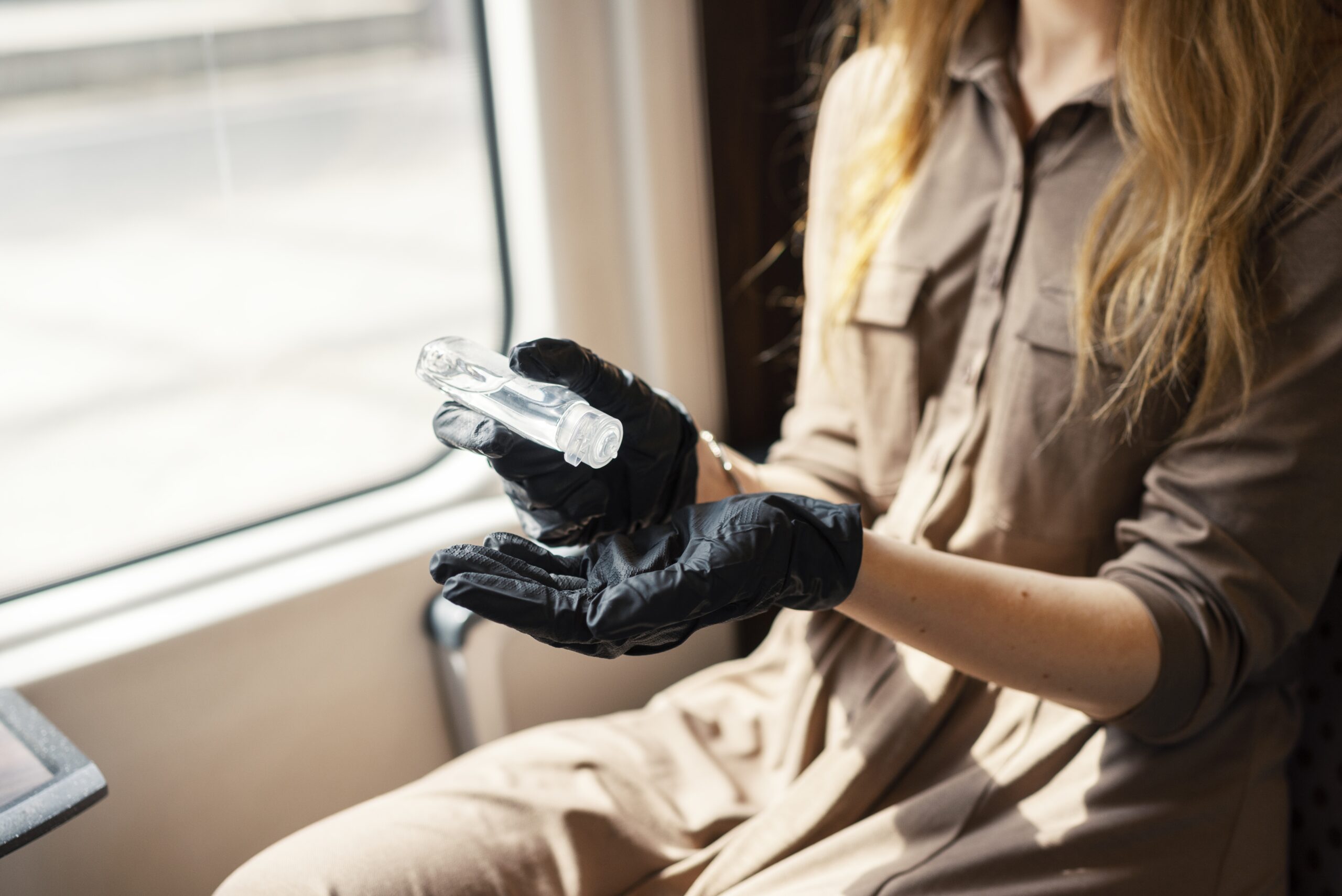Substance Abuse and Mental Health Service Administration estimated nearly 20% of people in the United States had tried illicit drugs of some kind, including opioids, cocaine, meth, and marijuana. [1] The line between substance abuse and experimentation can be hard to distinguish, particularly for abusers incapable of seeing the differentiation.
As adults, we face many stressful situations on the job, at home, and even personal conflicts with mental health. This can provoke some people to self-medicate with drugs or alcoholism, significantly when they are emotionally hazarded. Even those who are not dealing with personal problems may fancy fitting in with co-workers, friends, or even family members who may be misusing drugs recreationally. After this first introduction to a substance, people commonly will decide to experiment further or decide against it.


Get Your Life Back
Find Hope & Recovery. Get Safe Comfortable Detox, Addiction Rehab & Mental Health Dual Diagnosis High-Quality Care at the We Level Up Treatment Centers Network.
Hotline (877) 378-4154Upon the first try, drug use can promptly become experimental, happening more often. Some people start this by only using drugs in a particular situation, like a party. This exploratory stage is usually a more social thing that involves medications to relax or have some fun. In this case, people generally don’t seem to think about these substances too much other than right before the time they intend to use them. Cravings usually do not exist at this phase, but the obsession with the social event of using the drug may become a factor. People will consciously consume drugs, know the potential consequences, or take the drugs carelessly, without much pre-planning. Still, their thoughts and concerns aren’t in focus on their drug use and will only occur when available.
Get Help. Get Better. Get Your Life Back.
Searching for Accredited Drug & Alcohol Rehab Centers Near You? Or Mental Health Support?
Even if you have failed previously, relapsed, or are in a difficult crisis, we stand ready to support you. Our trusted behavioral health specialists will not give up on you. Call us when you feel ready or want someone to speak to about therapy alternatives to change your life. Even if we cannot assist you, we will lead you wherever you can get support. There is no obligation. Call our hotline today.
FREE Addiction Hotline – Call 24/7Stages of Substance Abuse or Experimentation
The National Institute of Health describes the process from first use to addiction in four basic steps: experimental use, regular use, problem or risky use, and addiction.
Experimental Use
- As the name implies, the experimental stage involves initial experimentation with substances. This could happen perhaps at a party with friends; even as a form of parental defiance; or as a way to blow off steam. Experimentation does not necessarily mean continued use; some users do not enjoy the sensation accompanying drug or alcohol use. Others may use it only occasionally when in the company of friends and family.
Regular Use
- When a user moves on to regular use, they begin to neglect obligations like work or school, think about substance use often, use substances to fix problems; or pull away from friends and family due to perceived misunderstandings about use.
Problem or Risky Use
- At the risky use stage, all interest in activities other than use starts to wane. Users often lose interest in school or work, neglect relationships, increase usage, or even begin using more problematic substances. Legal problems may develop at this stage.
Addiction
- During active addiction, nothing matters but drugs. School and work are often not a priority entirely, all of the day’s events are centered around finding and using drugs, and personal relationships disappear.
Comfortable Facilities & Amenities
High-Quality Addiction & Mental Health Rehabilitation Treatment
Rehab Centers TourRenowned Addiction Centers. Serene Private Facilities. Inpatient rehab programs vary.
Addiction Helpline (877) 378-4154Proven recovery success experience, backed by a Team w/ History of:
15+
Years of Unified Experience
100s
5-Star Reviews Across Our Centers
10K
Recovery Success Stories Across Our Network
- Low Patient to Therapist Ratio
- Onsite Medical Detox Center
- Comprehensive Dual-Diagnosis Treatment
- Complimentary Family & Alumni Programs
- Coaching, Recovery & Personal Development Events
Substance Abuse or Experimentation: Addiction
Different drugs affect the brain differently, but a common factor is that they all raise the level of the chemical dopamine in brain circuits that control reward and pleasure. [2] The growth of addiction is like a cruel cycle: Chronic drug use not only realigns a person’s priorities but also may alter key brain areas needed for judgment and self-control, further decreasing the individual’s ability to control or stop their drug use. This is why, despite popular opinion, willpower alone is often lacking to overcome an addiction. Drug use has discredited the very parts of the brain that make it possible to “say no.”
The severe health hazards of drugs compound the need to get the user into treatment as quickly as possible. Also, adults who are misusing drugs are likely to have other mental health problems co-occurring; possibly adding to their substance use, and these also need to receive treatment. Unfortunately, less than one-third of adolescents admitted to substance abuse treatment with other mental health issues receive any care for their conditions. [3]
Reasons Why People Engage to Substance Abuse or Experimentation
- Curiosity: Drugs provoke those who observe using these substances as a new or fearless experience.
- Normalization: Our society has been normalizing drug use to the point where it’s seen as not a life-threatening action.
- Peer Pressure: Adolescents are especially receptive to experimenting with drugs if they think everyone in their peer group is doing it. They’re afraid of rejection from others.
- Pushing Limits: Drugs are often viewed as a means to rebel against parents or the government.
- To Feel Good: Many people struggle with underlying mental health problems, such as anxiety or depression. These individuals seldom experiment with drug use to try to feel sounder.
World-class, Accredited, 5-Star Reviewed, Effective Addiction & Mental Health Programs. Complete Behavioral Health Inpatient Rehab, Detox plus Co-occuring Disorders Therapy.
CALL (877) 378-4154End the Addiction Pain. End the Emotional Rollercoaster. Get Your Life Back. Start Drug, Alcohol & Dual Diagnosis Mental Health Treatment Now. Get Free No-obligation Guidance by Substance Abuse Specialists Who Understand Addiction & Mental Health Recovery & Know How to Help.
What You Can Do
Consider healthier alternatives for stress and coping, such as exercise, meditation, or reaching out to friends and family. Addiction is a disease developed from long periods of drug use, rewiring the brain’s reward pathway to prioritize drug use constantly. Even when you have attempted to stop your drug use, you have been unsuccessful and experienced dangerous relapses, returning to your previous actions. Usually, people rarely can feel the high they once desired at this stage and continue to use the drug to keep withdrawal at bay.
Treatment can start at any stage of drug use. There are various treatment options for people confronted with addiction that involve medication, behavioral therapy, and other counseling to help get them on the road to recovery.

You might want to try substance abuse or experimentation with several drugs without knowing that these drugs are addictive even with a small amount. Better not try to experiment with these drugs to trade your life with addiction disease. Contact us to know more about addiction and how to treat this mental problem.
Experience Transformative Recovery at the We Level Up Treatment Center.
See our authentic success stories. Get inspired. Get the help you deserve.



Start a New Life
Begin with a free call to an addiction & behavioral health treatment advisor. Learn more about our dual-diagnosis programs. The We Level Up treatment center network delivers various recovery programs at each treatment facility. Call to learn more.
- Personalized Care
- Caring Accountable Staff
- Comfortable Amenities
- Licensed & Accredited
- Renowned w/ 5-Star Reviews
We’ll Call You
Sources:
[1-3] Key Substance Use and Mental Health Indicators in the United States – Substance Abuse and Mental Health Service Administration
[2] Principles of Adolescent Substance Use Disorder Treatment – National Institute on Drug Abuse





